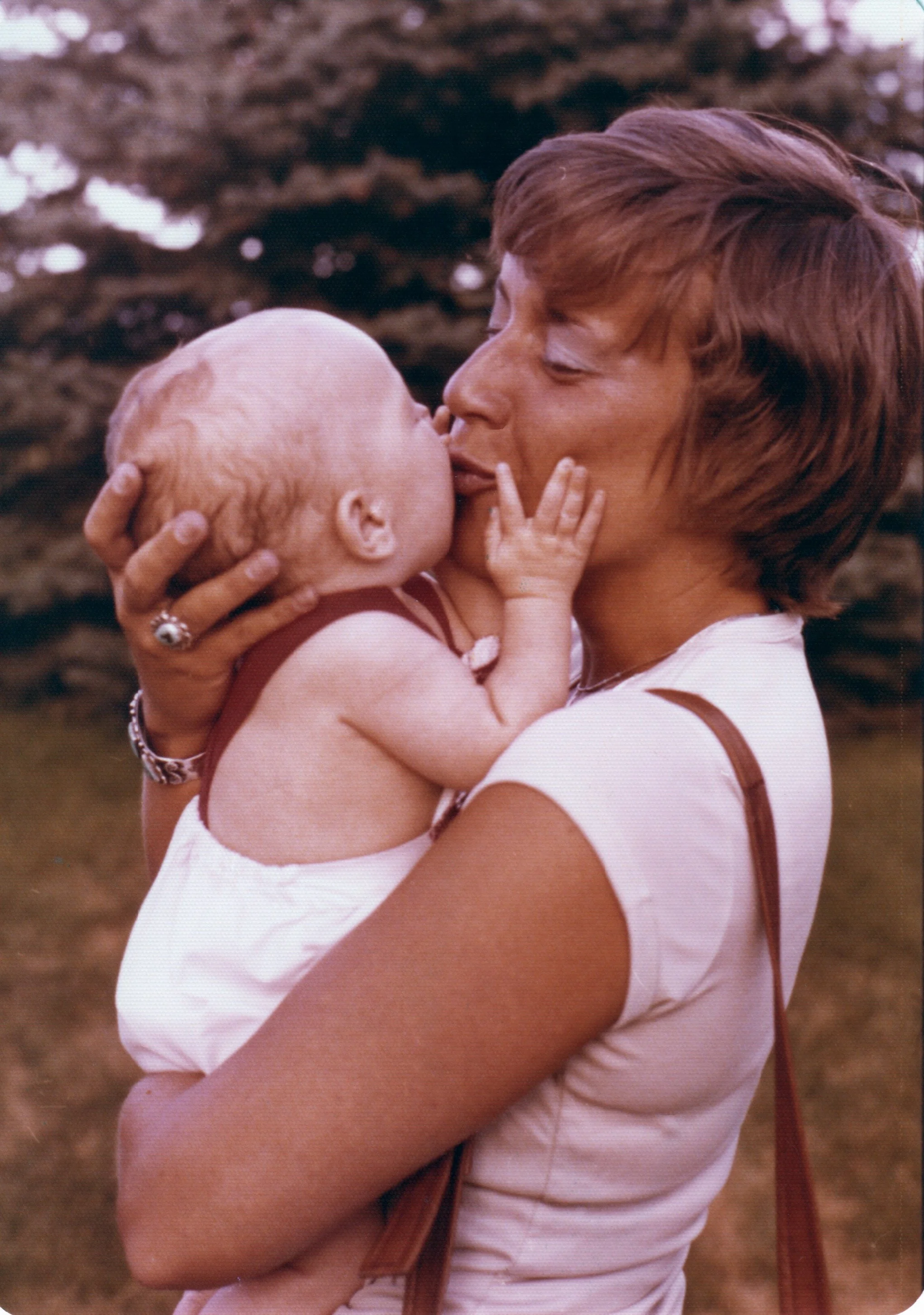Let Go of Control and Find Freedom
“It wasn’t supposed to be like this,” she repeated over and over as she sat at the edge of her hospice bed.
She was supposed to feel more ready. She was supposed to have time to put her affairs in order. According to her original prognosis, she was supposed to recover and live another ten years at least! Her gaze drifted over my head through the window behind me. “It wasn’t supposed to be like this,” she whispered again to herself.
I agreed. It wasn’t supposed to be like this! It didn’t seem fair. She always aspired to do all the right things. She followed the doctors’ advice. Fiercely independent and self-sufficient, she managed every area of her life with thoughtful authority and competence. She was the mentor, the leader, the director, the supervisor. She always seemed in control.
Throughout life we are taught how to master a sense of control in various ways.
We exercise control in our decision making, our boundaries, our time and schedule, our priorities, our goals, and our health. We may know it by other names, like discipline, commitment, or determination, but ultimately, it is a sense of control we seek as we navigate the many variables of our life. This type of control is often endorsed and reinforced by our outcome-oriented and status-driven society.
We think of control as the capacity to determine, restrain, or manage any given situation.
Ultimately, control is fleeting and elusive. It’s like trying to chase the ocean waves or catch a bubble in your hands. Just when we think we have it, it eludes us.
This can be incredibly unsettling when it comes to managing our lives. Years ago, I participated in a recovery program, and one of the main tenets was accepting your “powerlessness.” Yuck! No one wants to feel powerless. (Take it from someone who orients her life and business around empowerment!)
I associated powerlessness with weakness or forfeit, and I aspired to be strong and tenacious—physically, mentally, emotionally. Yet, I continue to discover how the ability to acknowledge where I am powerless, or recognize how my power might be limited, can actually be an incredibly empowering process. (It can be helpful to know as much as we can about our kryptonite.) This leads to a deeper understanding of self, and helps us to adapt to life’s challenges in profound ways.
We tend to feel in control when things are going as planned. We think we can relax when we feel prepared and know what to expect.
We attempt to control situations by executing decisions and equipping ourselves with resources such as education, money, authority, etc. We influence our relationships by communicating our opinions and feelings, negotiating our needs, and accessing the powers of persuasion. We manage ourselves through self-control which is seen as an admirable quality, consistently monitoring how we eat, exercise, and work. We tend to focus that control on our appearance, goals, achievements, or how we want to be perceived by others.
However, when we feel out of control internally (lacking self-control), or external things happen beyond our control, we tend to experience anxiety or fear stemming from not knowing what to expect or not knowing how to fix it. This often results in a sense of grasping or urgency, desperately attempting to regain control.
Some people express this fear through anger or irritability. Others find ways to escape the feeling of powerlessness or contrarily lose control. We see this in addictions, eating disorders, rage, dissociation, etc., which are all reactions to feeling out of control.
Are we ever really in control?
We might feel in control when we meet a deadline or achieve a weight loss goal or successfully convince someone to vote a certain way. But is that simply our perception of control? What do we truly have control over?
Life is dynamic, constantly changing, transitory and temporary (as far as we know).
We cannot stop ourselves from turning a year older every 365 days. Our appearance, our physical capacities, our cognitive abilities, and our sense of authority may shift. Nature evolves.
There are things we want to control socially, politically, environmentally, or globally, and when we feel we cannot adequately control what needs to change, we may feel hopeless or defeated.
In our relationships we cannot always control how someone behaves or feels. Children assert their own prerogatives whether or not we agree with them. Partners fall out of love despite years of history and shared experiences. Colleagues don’t always act with the same integrity or values we hold. Family members won’t always vote the way we wish they would.
Where does that leave us? Should we just throw in the towel?
Let ourselves go since we’re going to die someday anyway? Stop trying to affect change in the world for the things we believe in? Withdraw from relationships that cause us hurt or disappointment?
Letting go of control is not the same as giving up. However, it challenges us to explore the nuanced and paradoxical relationship of control. The tighter we grip, the less in control we feel. The more we relax our grasp with a willingness to let go, the more we glimpse the assurance and calm that we seek.
In this context, the opposite of control is acceptance, release, and trust. We are able to access these qualities by orienting ourselves more to the present moment and connecting with a sense of spontaneity. When we find ourselves ruminating about the past or preoccupied with the future, our grip tends to tighten.
Conversely….
We are more likely to experience freedom when we realize and accept the ever-changing nature of life and acknowledge the futility of trying to control it.
The antidote for feeling out of control or desperately attempting to control ourselves, others, or a situation is simple in theory, though not always in practice. The following suggestions are non-sequential and interchangeable:
Recognize life as a fluid and dynamic system. What we are experiencing today will likely be different tomorrow, next week, next month, next year.
Focus on the now. Bring your awareness to the present moment by connecting with your five senses: sight, sound, taste, scent, touch.
Engage life with a sense of spontaneity. This opens us up to unexpected opportunities and allows us to trust our intuition without overthinking or hyper-managing a situation.
Learn to tolerate ambiguity by accepting life as non-absolute, non-binary and nuanced. This requires flexibility and the capacity to acknowledge a continuum of various shades of grey.
Be mindful of your perception of control. What does control mean to you? What are you actually able to control? Where can you let go?
Choose freedom. What does freedom feel like in your body? When do you feel the most free?
“It wasn’t supposed to be like this.” It still echoes in my ears, along with a residual compulsion to make it better somehow. The powerlessness was palpable. My mind said, “do something!” but my heart knew there was nothing to be done. It’s unbearable to witness the suffering of someone you love. The grasping and sense of urgency is instinctive, but I felt overcome with a haunting paralysis. Then, something shifted. I watched as she slowly let go and the wincing at her brow softened. Her fist loosened, and that elusive “bubble” of control landed gently on her hand. The urgency transformed into a steadiness and surrender. I knew I was learning my last lesson from her. She was teaching me about inner freedom.
*Dedicated to K.C. Mason ~ An incredible journalist, game aficionado, critical thinker, empowered feminist, stubborn spirit, generous heart, and beloved Aunt.







